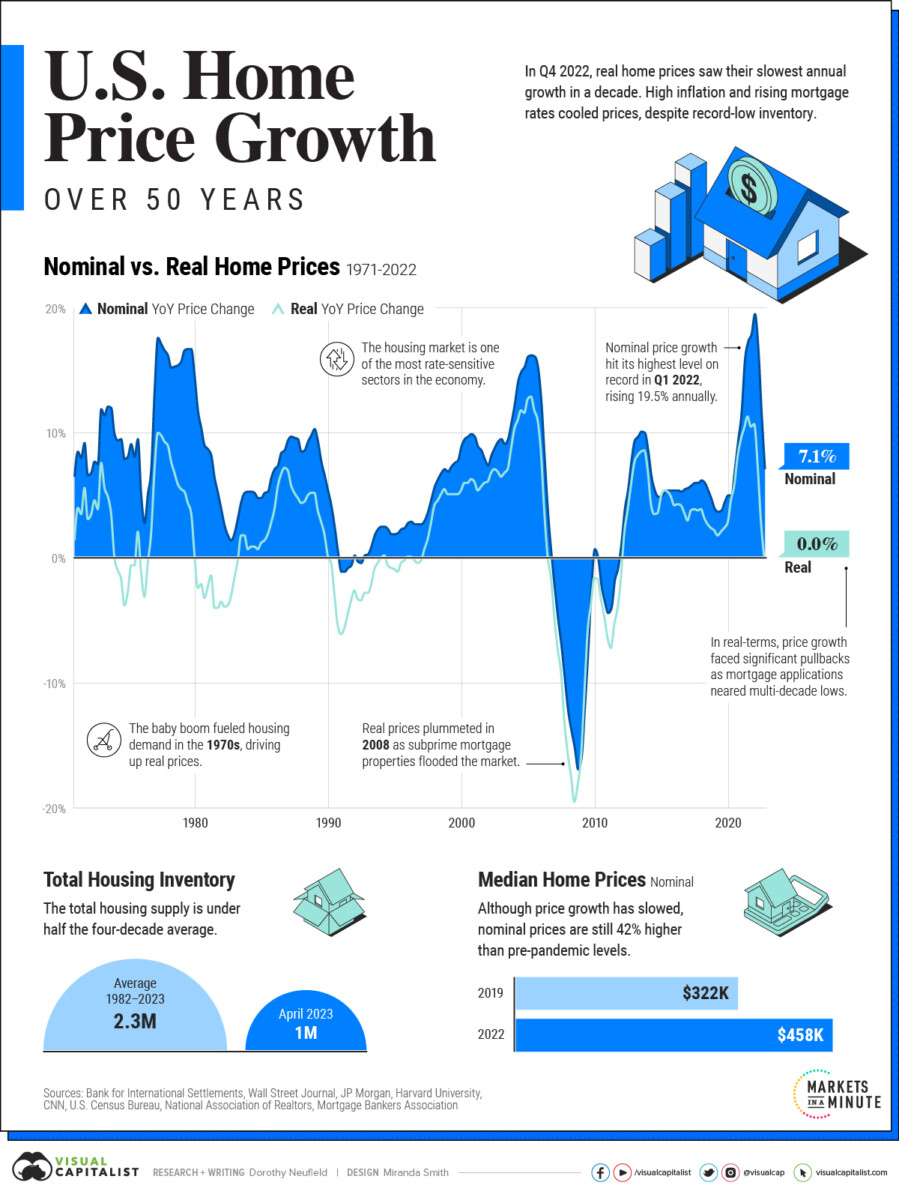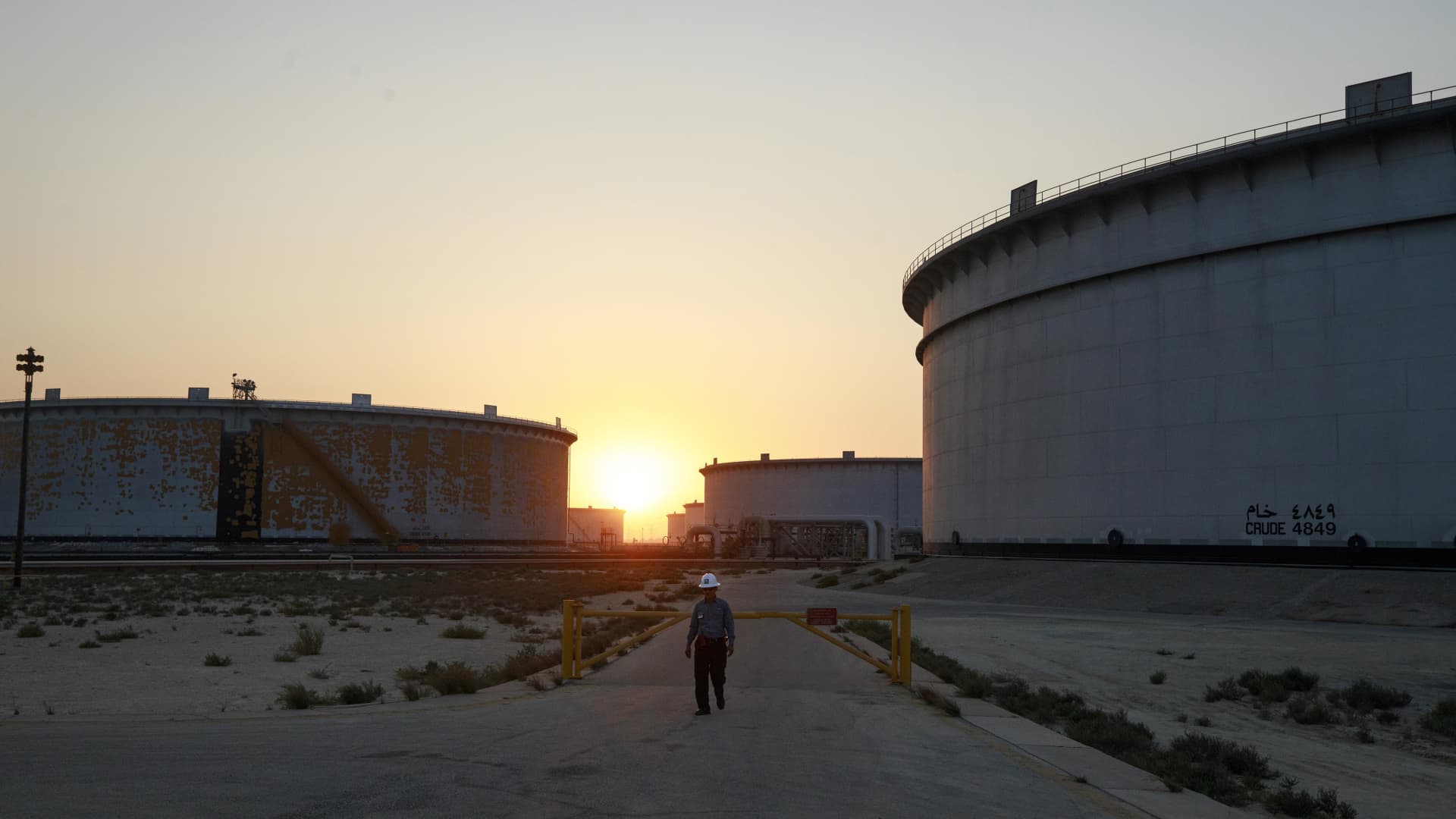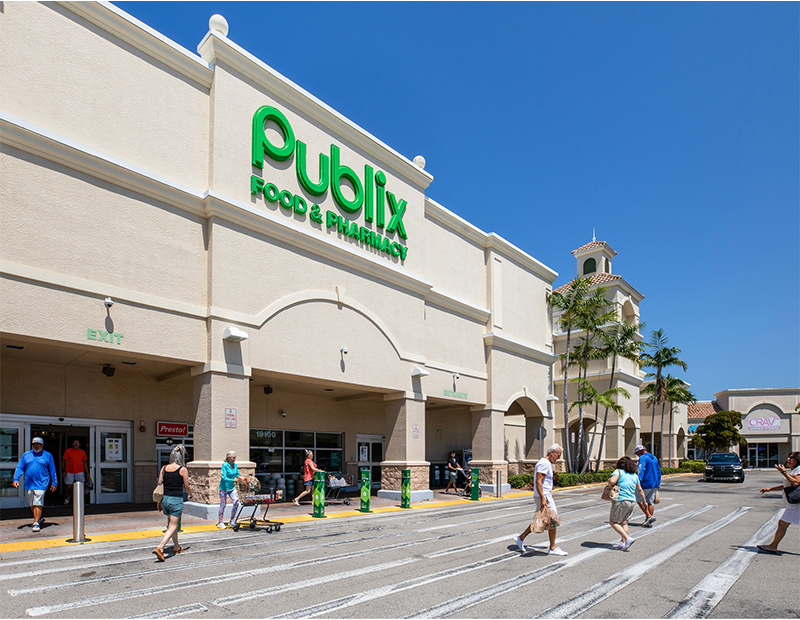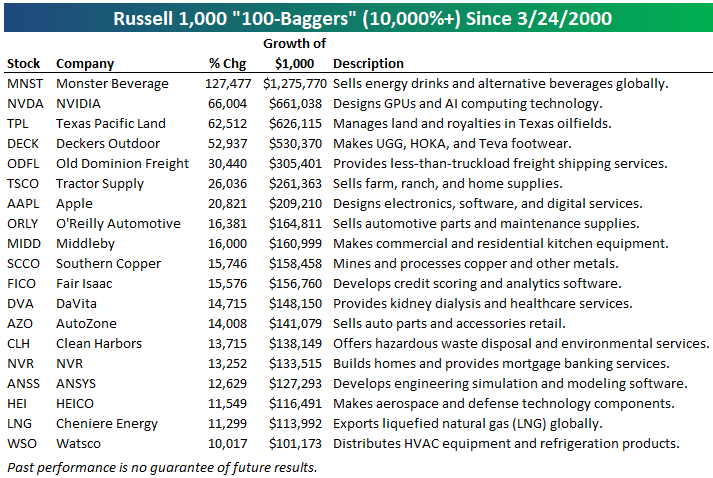Prices are exchange ratios. When governments claim to regulate prices, what they are actually doing is regulating, and sometimes prohibiting, the mutually beneficial cooperative exchanges between people.
Ludwig Lachmann once pointed out that it was a huge change in the history of mankind when prices were no longer made on the spot. “Over the centuries, all over the world, market dealings have taken place among ‘higgling and bargaining’ between buyers and sellers. […] ‘Fixprices’ were then unknown”. Prices today, in most cases, emerge from the anonymous decision of some company officials to demand a certain amount of dollars and the acceptance of those terms by thousands of buyers.
I suspect that this change in the nature of exchange led, or at least contributed, to a public understanding of prices as being independent of any exchange itself. This means that nowadays we usually think of a price as being “set” by the company, say Walmart, where we go to buy a good. A price is thus seen as being independent of an exchange; rather, prices are seen as what we would have to pay in order to obtain a good.
But this is not quite true. Instead, a price is an exchange ratio or rate of exchange. “The price is the rate of exchange between two commodities expressed in terms of one of the commodities”, as Murray Rothbard put it. A price can only be observed when two people exchange two things. For example, I go on Vinted and offer my old blue jeans, and Mary is interested and offers me her red hoodie in exchange. We both agree to the trade. And then, as we exchange, there’s a price: an old blue jeans is the price for a red hoodie, and a red hoodie is the price for an old blue jeans.
In most cases today, we go to large stores and exchange our dollars for the goods on offer. But we should not be confused by the fact that we use indirect exchange with fixprices: it is still an exchange, and the price is the rate of exchange. Walmart gives me a bottle of milk, and I give them one dollar. Therefore, the price for the bottle of milk is one dollar – and the price for one dollar is a bottle of milk. Of course, it may seem strange to say that the price for one dollar is a bottle of milk, but this is simply a peculiarity of indirect exchange. Additionally, just because I demand 1,000 dollars for my old white tee does not mean that this is its price. It may be its price tag – but it is simply something I hope for. It becomes a price if and only if I exchange it with someone for 1,000 dollars (although chances seem slim in this case).
Understanding that prices are nothing more than rates of exchange between two commodities is important when we think about price regulation. These government measures are widely popular, but they are actually regulations of exchange. We just, often misleadingly, call them price regulation.
What price regulations do is interfere with the social cooperation of people – after all, exchanging what I value more for something you value more is cooperating. If there is a minimum wage in my state, this means that I am barred from exchanging my labour for the entrepreneur’s money, unless she is willing or able to pay me what the minimum wage law decrees as the minimum. When we speak of a minimum wage law or rent control, what actually happens is that free exchange is prohibited. Two people who would have cooperated for their respective benefit are not allowed to do so. Two people who would have voluntarily agreed to some exchange are prevented from doing so.
The anonymous talk of price regulation tends to conceal this fact. And, I suspect, it does so to the advantage of those who support price regulation. Critics of these kinds of interventions should instead emphasise that when governments regulate prices, they are actually regulating or rather interfering with how we peacefully exchange with each other. This may not convince everyone of the inadequacy of these interventions; some may contend that our free exchanges are not “really” free or that we do not know our “true” interests. But it may get a few people to think and reflect on what price regulations actually do: regulate how two people can cooperate with each other.
Max Molden is a PhD student at the University of Hamburg. He has worked with European Students for Liberty and Prometheus – Das Freiheitsinstitut. He regularly publishes at Der Freydenker.















.jpg?h=c673cd1c)
